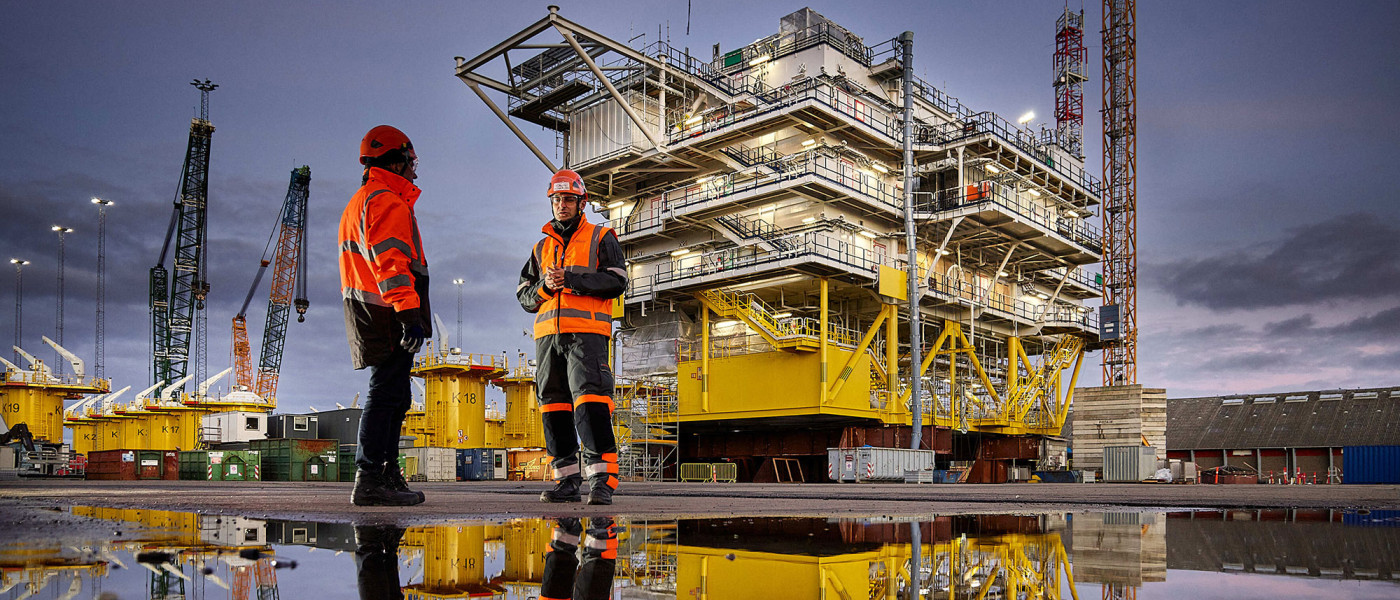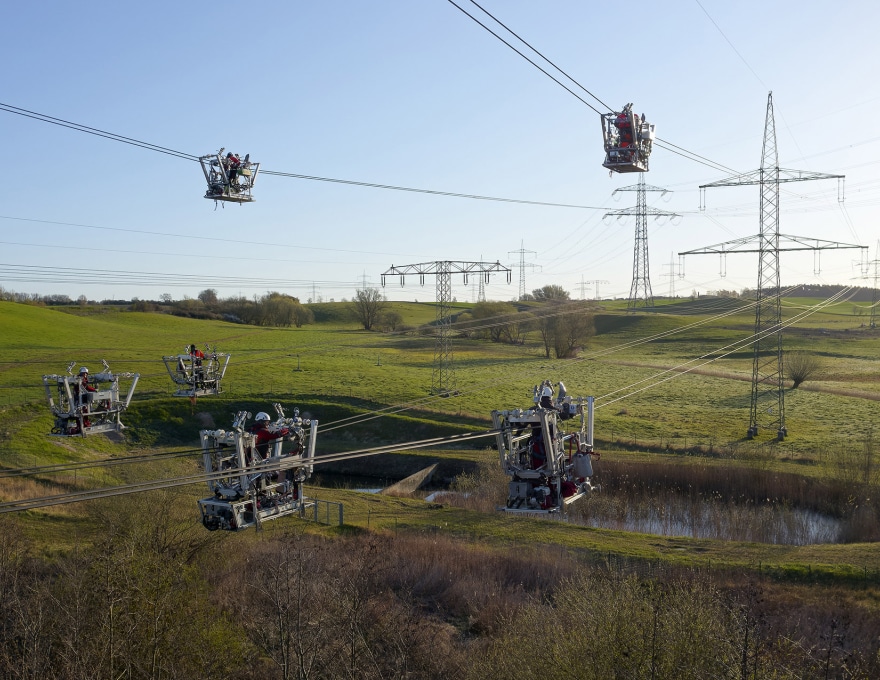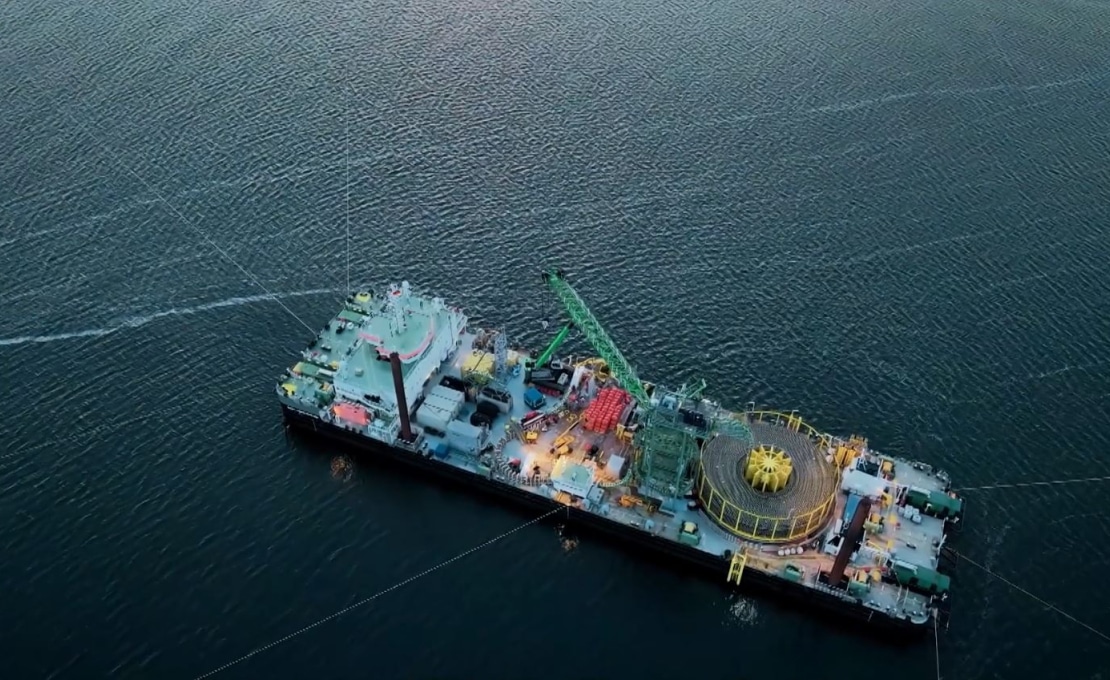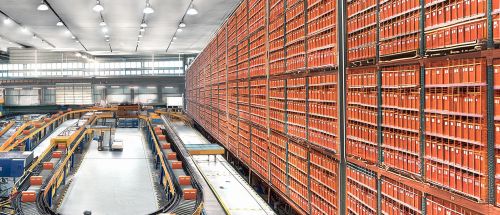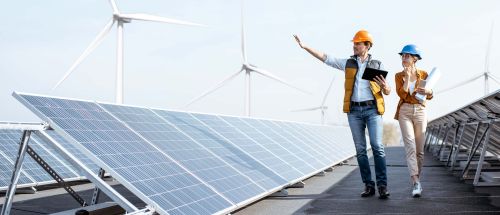50Hertz, transforming the power grid
This is especially true in Germany. That explains why 50Hertz, one of Germany’s four transmission grid operators, is aiming to invest €21 billion by 2028 – four times more than it invested in the previous five years. Much infrastructure calls for massive investments so that it can adapt to the transportation of renewable energy: not only because it is mostly generated in offshore wind farms in the German Sea that are further away from demand centres inland, but also because it is much more volatile than fossil fuels. In other words, the grid not only needs to be expanded, but also enhanced.
“That's a huge challenge. Nobody has done that before, and these numbers are mind-boggling. Nevertheless, we took up the challenge,” says Leonhard Bayer, Head of Treasury at 50Hertz/Eurogrid, which is a subsidiary owned by Belgian Elia Group (80%), and the German state-owned investment and development bank, KfW Bank Group (20%). “We are reliant on capital markets as the cornerstone of our capital structure, and that's why we continuously need strong banking partners like BNP Paribas… They have excellent investor access internationally, which is required because only getting the funding from within Germany would not be enough,” he adds.
For those who move the world: 50Hertz & BNP Paribas
50Hertz, the German electricity grid operator, adapts its entire network with high-capacity submarine or land cable systems to transmit renewable energy using innovative technology that is ideal for transporting large volumes of energy over long distances.
Although the EU as a whole aims to increase its consumption of renewable energy from 22% of its energy mix currently to 42.5% by 2030, 50Hertz’s plans are even bolder. The most advanced of Germany’s grid operators in adapting to low-carbon energy sources, 50Hertz wants its grid to be 100% supplied by renewables by 2032 – up from 72% today, and 60% in 2019.
A pioneer in the integration of volatile renewable energies, 50Hertz operates an electricity transmission system that stretches more than 10,000 kms to serve some 18 million people in the north and east of Germany, including Berlin and Hamburg. Over the last five years, it has spent almost €5 billion in replacing and enhancing transmission lines previously for coal-fired and nuclear power plants, as part of a push to move away from lignite and nuclear – especially in the wake of the Fukushima disaster.
50Hertz operates an electricity transmission system that stretches more than 10,000 kms in Germany.
The importance of diversifying funding
Over the course of their 13-year relationship, BNP Paribas has helped 50Hertz to diversify its funding significantly. “In 2011, we started out fairly easily with cash management services, and this has evolved into issuing bonds, followed by green bonds and also supporting us on the revolving credit facility side,” explains L. Bayer.
Indeed, 50Hertz’s first green bond in 2020 was a milestone. Issued with the guidance of BNP Paribas thanks to its experience in working with green investors, the proceeds were used to connect two offshore wind farms with a capacity of around 1.5 gigawatts to the grid. “We suggested launching a green bond because this is clearly a green project. We know investors that like to put their money into the energy transition, and that's why we were able to launch the bond,” says Christian Alisch, a Senior Banker at BNP Paribas.
“We have global outreach, and that's how we can source new funding for the company. We will continue to support 50Hertz with future funding plans because we like the business, and we understand the CapEx plans. It's a close collaboration,” he adds.
Marco Nix, Chief Financial Officer of 50Hertz, emphasises that the business of 50Hertz is very much oriented towards the long term. “We are striving for long-lasting partnerships based on trust,” he notes, highlighting that BNP Paribas is one of 50Hertz’s oldest and most trusted partners.
More overhead power lines, on- and offshore cables, substations and other technologies are needed to feed growing demand in the EU.
The backbone of the energy transition
“The most recent example of our cooperation with BNP Paribas is the syndication of a €3 billion revolving credit facility," says Bayer, pointing out that the funds are destined for its capital expenditure programme. In addition, in 2023, BNP Paribas advised the company to raise €650 million through a standard bond, also for investments in expanding grid infrastructure.

